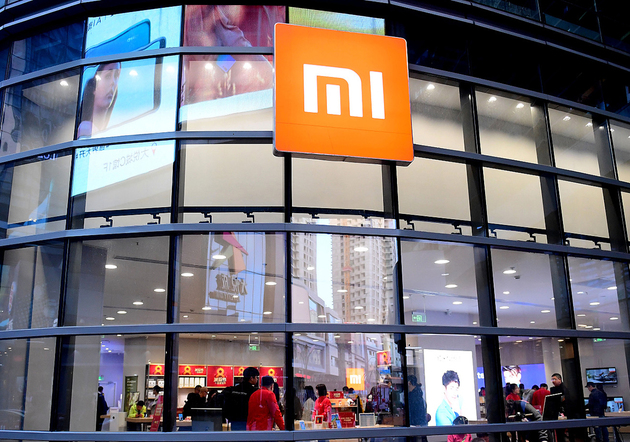
Photo/VCG
Oct. 9 (NBD) -- Shares of Chinese smartphone maker Xiaomi Corp. (Xiaomi, 01810.HK) rebounded slightly in the morning session Tuesday after falling for 9 consecutive days. Even so, the tech giant's stock has dropped almost 20 percent from its IPO price of 17 HK dollars (2.2 U.S. dollars).
IPO boom diverts capital from the market
Xiaomi was previously given a "buy" rating by a string of research institutions, including Deutsche Bank, Macquarie Capital and Everbright Securities, with target price ranging from 19.6 to 30.3 HK dollars (2.5 to 3.9 U.S. dollars).
But at present, it seems that the share price is far from what its CEO Lei Jun promised on the celebration party for the company's HK debut three months ago -- first-day buyers will make a 100 percent gain.
A fund manager told news outlet Yicai that international market liquidity tightened following several rounds of U.S. rate hikes this year. Besides, recent days have seen a growing number of new tech companies get listed in HK, such as Meituan Dianping (03690.HK), having diverted capital from the already tight market.
Moreover, Chinese regulators announced in July that dual-class shares will not be included in the Stock Connect scheme for the time being, making it impossible for mainland investors to buy Xiaomi, added the fund manager.
All these factors led to a large drop in Xiaomi's share price.
Disputes over Xiaomi's valuation continue
Though Lei Jun claimed that Xiaomi has a unique business model, there have always been a divergence of views over the company's valuation since its HK debut.
The key of the debate lies in whether Xiaomi should be valued as an internet company or hardware supplier. If valued as an internet firm, the firm could see its P/E ratio reach 50 times, but as a hardware firm, the ratio could drop to around 10 times.
Now, Xiaomi is valued at less than 40 billion U.S. dollars.
According to Xiaomi's 2018 semi-annual report, revenue arising from IoT and lifestyle products hit 10.4 billion yuan (1.5 billion U.S. dollars) in the second quarter of this year, up 104.3 percent year on year. Smart TVs and laptops were major contributors. Revenue arising from internet services increased by 63.6 percent year over year to 4 billion yuan (579.6 million U.S. dollars) in the period, helped by rising ad fees.
It's self-evident that the company's internet services are not on par with its hardware business in terms of both revenue and growth rate.
Data from International Data Corporation (IDC) shows the average selling price of smartphones in China grew by 15 percent year over year in the second quarter of 2018.
In the three-month period, Xiaomi logged a 10 percent rise from a year ago in average selling price of smartphones, still lagging behind the industry average.
Compared with smartphones, IoT and lifestyle products will be a more promising sector for Xiaomi, said a QDII fund manager. If in this way, Xiaomi would be eventually valued as a small appliance maker, the manager added.
Email: tanyuhan@nbd.com.cn


 川公网安备 51019002001991号
川公网安备 51019002001991号





